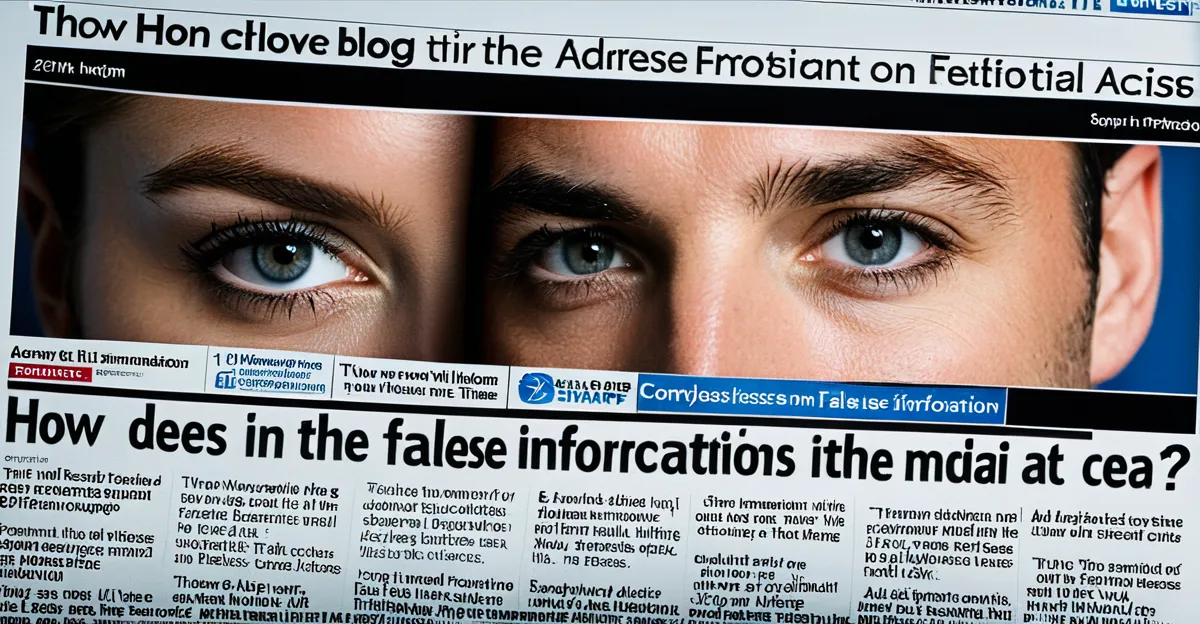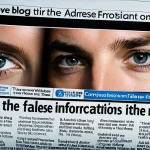Official regulations and policies addressing misinformation
The UK has established comprehensive legislation targeting misinformation in media and digital platforms to maintain public trust and safeguard democratic discourse. Central to these efforts are UK misinformation laws that define the boundaries of lawful speech and specify unlawful practices related to false or misleading information dissemination. These laws empower regulatory bodies to monitor and intervene when misinformation poses risks to public health, safety, or societal harmony.
Ofcom, the UK’s communications regulator, plays a pivotal role through its regulatory mandate to enforce standards that combat misinformation. Ofcom’s powers extend to overseeing broadcast media, ensuring that content complies with accuracy requirements under its broadcasting code. The regulator can investigate misinformation complaints and demand corrective action from broadcasters when standards are breached.
In parallel : What are the UK’s measures to combat homelessness?
Penalties for spreading misinformation are structured to deter violations effectively. Legal consequences can include fines, directives to issue public corrections, suspension of broadcasting licenses, or even criminal charges in severe cases. Such penalties for misinformation emphasize accountability and incentivize media organizations and individuals to uphold factual integrity. Notably, Ofcom’s enforcement actions reflect both preventive and corrective approaches, balancing regulatory oversight with freedom of expression.
Together, these UK misinformation laws, Ofcom regulations, and related penalties form a robust framework designed to limit misinformation’s impact, promote transparency, and protect the public interest.
Additional reading : Why Is the Role of the Monarchy Still Relevant in Modern UK Society?
Government agencies and oversight mechanisms
The UK employs several regulatory agencies to oversee and enforce standards combating misinformation. Among these, Ofcom stands as the primary body with a clear misinformation oversight mandate, charged with monitoring broadcast content for compliance with relevant standards. Ofcom’s extensive powers include investigating complaints, imposing sanctions, and mandating corrections when misinformation is identified.
Besides Ofcom, other media compliance bodies contribute to the oversight landscape by addressing misinformation across different media sectors. These agencies collaborate to ensure consistent enforcement and reduce duplication of efforts. For example, coordination between Ofcom and the Advertising Standards Authority helps address misleading claims in advertisements, ensuring a unified front against misinformation.
The process for reporting and investigating misinformation cases typically begins with public or institutional complaints. These are scrutinised rigorously according to established criteria, whereby agencies assess the potential harm caused by the misinformation. Upon verification, regulatory bodies initiate appropriate enforcement measures, ranging from warnings to substantial sanctions.
Repeated violations trigger stronger responses through coordinated efforts across these agencies, reinforcing compliance and deterring future infractions. Through this multi-agency approach, the UK maintains robust mechanisms that support truthful, reliable media dissemination and protect public interests from deceptive content.
Initiatives to improve media literacy
Enhancing public awareness through effective UK media literacy campaigns is crucial in empowering individuals to identify and resist misinformation. These campaigns aim to build critical thinking skills that help the public discern reliable sources from misleading content. National programs often partner with local communities to tailor messages relevant to diverse audiences, increasing the reach and impact of media literacy efforts.
Incorporating media literacy into school curricula represents a strategic approach to education on misinformation. By embedding critical evaluation techniques and digital literacy skills early on, students develop lifelong abilities to navigate complex information environments confidently. This educational integration complements broader campaigns by fostering an informed generation capable of challenging misinformation independently.
Collaborations with civil society organisations further strengthen these initiatives. Non-governmental groups and advocacy organisations contribute to raising awareness and advancing education on misinformation. Their involvement ensures diverse perspectives and innovative approaches, enhancing the overall effectiveness of UK media literacy campaigns. Together, these efforts create a robust framework encouraging responsible media consumption and resilience against false information.
High-profile examples of UK misinformation response
The UK has witnessed several notable enforcement actions against misinformation that highlight the effectiveness of its regulatory framework. For instance, when prominent misinformation incidents arise, Ofcom regulations enable swift investigation and corrective measures, ranging from formal warnings to imposing substantial penalties for misinformation on offending broadcasters. These cases reinforce public confidence in oversight and demonstrate clear consequences for spreading false content.
A key example involved a major broadcast where misleading health claims prompted Ofcom to intervene. The regulator’s misinformation oversight powers were exercised to mandate on-air corrections and levy fines, ensuring accountability. Public and media reactions to such interventions typically emphasize the importance of maintaining factual standards, supporting the regulator’s role in preserving trust.
These high-profile cases also influence ongoing policy refinement. Lessons learned feed into strengthening UK misinformation laws and adjusting enforcement strategies, creating a dynamic environment where regulations evolve in response to emerging challenges. This iterative process secures a regulatory landscape capable of adapting to novel misinformation tactics while maintaining balance with freedom of expression.
Collaboration with tech companies and international partners
The UK actively engages in partnerships with tech companies to enhance the effectiveness of misinformation control. These collaborations focus on developing and implementing content moderation tools that detect and limit the spread of false information on major social media platforms. By working closely with technology providers, the UK ensures that digital environments align with the objectives of UK misinformation laws, facilitating prompt identification and removal of harmful content without compromising free expression.
International cooperation forms a cornerstone of the UK’s broader strategy against misinformation. Through participation in global forums, the UK contributes to establishing common standards and sharing best practices for addressing disinformation challenges. These international partnerships enable coordinated responses to cross-border misinformation campaigns, which national regulations alone cannot fully contain. Cooperation includes sharing intelligence, jointly monitoring emerging threats, and harmonising policy approaches consistent with Ofcom regulations and related frameworks.
Cross-border information exchange between the UK and other countries supports timely action against misinformation networks operating internationally. This collaborative approach strengthens enforcement capabilities beyond domestic jurisdiction, helping tackle complex disinformation flows that involve multiple actors and platforms. As a result, penalties for misinformation are more effectively applied when coordinated with global partners, enhancing deterrent effects and promoting truthful communication worldwide.





